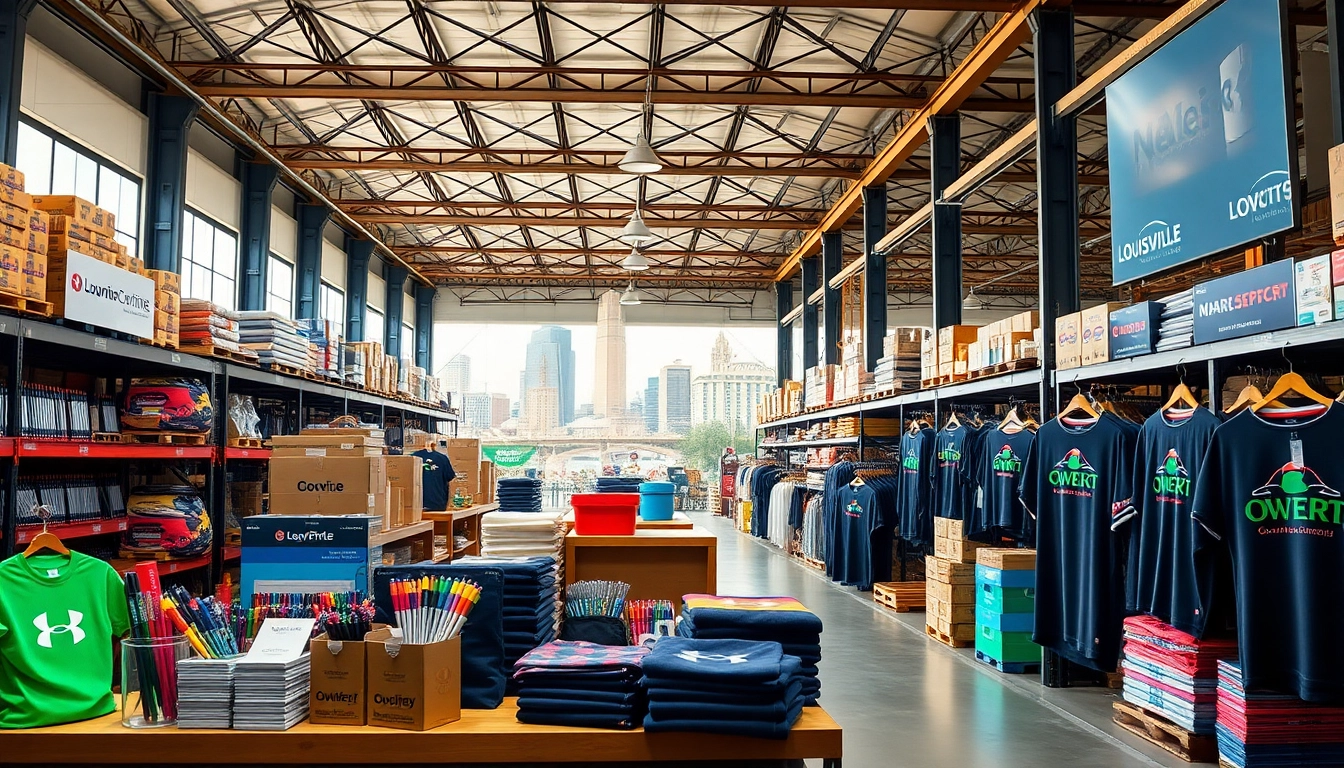
Understanding Construction Equipment Rental: Advantages and Opportunities
In the dynamic world of construction, efficiency, cost-effectiveness, and flexibility are essential for project success. One of the most impactful strategies to achieve these goals is through construction equipment rental. This approach not only allows companies to access a wide array of specialized machinery without the burden of ownership but also enhances operational agility and optimizes project timelines. As the UK construction sector continues to evolve, embracing the benefits of rental solutions becomes increasingly vital for contractors, project managers, and industry stakeholders seeking competitive advantages.
For a comprehensive overview and access to leading rental providers, explore our extensive range of Construction equipment rental options tailored to your project needs.
Benefits of Renting vs. Buying Machinery
Cost Efficiency and Budget Management
One of the most compelling reasons to opt for construction equipment rental is the significant cost savings it offers. Purchasing machinery involves substantial upfront capital investment, ongoing maintenance costs, storage, and eventual resale challenges. Conversely, renting transforms these capital expenditures into predictable operational costs, enabling better cash flow management. Renting equipment for specific project durations helps avoid idle machinery costs and reduces depreciation concerns.
Access to the Latest Technology
The construction industry is continually innovating, with new machinery integrating advanced features, energy efficiency, and safety enhancements. Renting provides access to state-of-the-art equipment without the need for costly upgrades or obsolescence worries. Equipment rental companies often regularly update their fleets, ensuring clients utilize reliable, modern machinery that complies with industry standards and environmental regulations.
Flexibility and Scalability
Project scopes often fluctuate, requiring different types or quantities of equipment at various stages. Renting allows contractors to scale their machinery needs up or down swiftly, aligning resources precisely with project demands. This flexibility minimizes waste and supports dynamic scheduling, especially in multi-phase or multi-site projects.
Maintenance and Support Services
Rental providers typically include maintenance, repairs, and technical support as part of their service, alleviating the burden on contractors. This approach ensures machinery operates at optimal efficiency, reduces downtime, and prolongs equipment lifespan, all while freeing project teams to focus on core construction activities.
Types of Equipment Available for Construction Projects
The breadth of equipment available for rental in the UK spans nearly every conceivable construction need. From earthmoving machinery to finishing tools, rental companies offer a comprehensive portfolio to facilitate efficient project delivery.
Earthmoving and Site Preparation Equipment
- Excavators: Compact to large models for digging, trenching, and material handling.
- Bulldozers and Loaders: Essential for site clearance and material transport.
- Dumpers and Telehandlers: Suitable for moving bulk materials across rugged terrains or tight spaces.
Compaction and Consolidation Machinery
- Plate compactors, rammers, and rollers: For soil, asphalt, and subbase compaction ensuring stability and durability.
Concrete and Masonry Equipment
- Mixers, vibrators, and power floats: Critical for accurate and high-quality concrete placement and finishing.
Power Tools and Handheld Equipment
- Sander, drill, and breaker tools: For detailed finishing, demolition, or installation tasks.
Specialized Machinery
- Roofing, lifting, and scaffolding equipment: To support complex and safety-critical tasks.
The availability of such a diverse range ensures that construction professionals can find precise, specialized, and high-performing equipment tailored to each project phase.
Assessing Your Project’s Equipment Needs
Conducting a Project Scope Analysis
Before selecting equipment, a thorough analysis of project requirements is essential. Consider factors such as the type of construction, terrain, project duration, and specific tasks. Collaborate with technical advisors or rental specialists to identify the optimal machinery, leading to cost savings and operational efficiency.
Estimating Equipment Quantities and Duration
Accurate estimates of rental periods and quantities prevent overbuying or under-utilization. Use project timelines, workload forecasts, and equipment productivity metrics to determine appropriate rental durations, thus avoiding unnecessary expenses.
Compatibility and Site Conditions
Assess site conditions—such as confined spaces, access restrictions, and environmental factors—to choose suitable equipment models. For example, compact or zero-emission machinery may be necessary for urban or environmentally sensitive sites.
Consulting with Rental Specialists
Engaging with experienced rental providers can provide valuable insights into equipment selection, industry best practices, and logistical planning. Providers can assist with tailored recommendations based on your project scope and site conditions.
Choosing the Right Construction Equipment Rental Provider
Key Factors in Selecting a Reliable Rental Partner
The success of your construction project heavily depends on the equipment rental company you partner with. Look for providers with a proven track record, extensive fleet selection, and excellent customer service. Verify their ability to deliver on time, provide support, and accommodate flexible rental terms.
How to Evaluate Equipment Quality and Maintenance
High-quality machinery ensures safety, efficiency, and reduced downtime. Inquire about the provider’s maintenance schedules, inspection protocols, and certification standards. Reputable companies routinely service their equipment and maintain detailed logs, which guarantee performance reliability.
Comparing Rental Costs and Service Offerings
Cost comparison should be holistic—consider rental rates, delivery charges, maintenance, and support services. Transparent pricing, clear contractual terms, and value-added services such as operator training or emergency support distinguish top-tier providers from competitors.
Implementation Tips for Construction Equipment Rentals
Scheduling and Delivery Coordination
Timely delivery and pickup are critical for maintaining project schedules. Establish clear communication channels and detailed delivery plans with your rental provider. Consider logistical constraints and buffer periods for unforeseen delays.
Ensuring Proper Training and Safety Compliance
Proper operator training minimizes safety risks and maximizes equipment productivity. Ensure rental companies provide comprehensive briefings, manuals, and, if necessary, qualified operators. Adherence to UK safety standards and regulations, such as PPE and machinery certifications, is non-negotiable.
Managing Rental Agreements and Returns
Keep detailed records of rental terms, usage logs, and inspection reports. Schedule return dates in advance, and inspect equipment thoroughly before returning to avoid additional charges. Flexibility in rental extensions can prevent project delays.
Maximizing Efficiency and Project Outcomes
Optimizing Equipment Utilization on Site
Effective planning and coordination ensure machinery is used optimally. Implement scheduling software, assign trained operators, and minimize idle times. Regular performance reviews can identify underperformance or misuse.
Monitoring Performance and Addressing Issues
Real-time monitoring tools and proactive maintenance can preempt equipment failure. Establish communication protocols for operators to report issues promptly, allowing swift resolutions that prevent project delays.
Case Studies: Successful Construction Equipment Rental Projects
Many construction firms across the UK have achieved remarkable efficiencies by leveraging rental solutions. For example, a commercial development project utilized a fleet of compact excavators and telehandlers from a reputable rental provider, reducing civil works duration by 20%. Carefully selecting equipment tailored to site conditions and maintaining close vendor relationships proved instrumental to their success.
Future Trends in Construction Equipment Rental in the UK
Integration of Smart and Sustainable Machinery
The future of construction equipment rental is leaning heavily towards smart, connected machinery equipped with IoT sensors for real-time diagnostics, performance analytics, and predictive maintenance. Sustainability is also a priority, with electric and hybrid models reducing carbon footprints and operational costs.
Digital Platforms for Streamlined Rental Processes
Online rental platforms are transforming how projects source equipment. Features like instant quoting, availability checks, delivery scheduling, and usage tracking streamline procurement, reduce administrative overhead, and enhance transparency.
Growth Opportunities and Market Outlook
With increasing infrastructure projects and a focus on green construction, the UK market anticipates robust growth in equipment rental demand. Market diversification is expected, along with innovations in automation, safety features, and service supports, positioning rental as the cornerstone of future construction operations.







